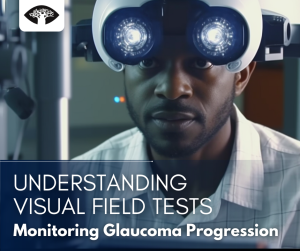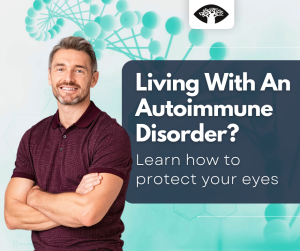As an ophthalmologist, I often come across patients who have misconceptions about eye health. Some of these misconceptions have been around for centuries and are deeply ingrained in popular culture, while others are more recent and may have emerged from misinformation on the internet. In this article, I will address some of the most common eye health misconceptions and provide accurate information to help you take care of your eyes.
Myth: Reading in dim light will damage your eyes
This is a popular misconception that has been around for a long time. The truth is, reading in dim light may cause eye strain or fatigue, but it will not damage your eyes permanently. However, it is important to note that reading in poor lighting can lead to discomfort and fatigue, which can make it more difficult to focus on the page. To avoid eye strain, it is best to read in a well-lit area, and if you need additional light, use a reading lamp.
Myth: Sitting too close to the TV or computer screen will damage your eyes
Another common misconception is that sitting too close to a screen can harm your eyesight. While it is true that staring at a screen for long periods of time can cause eye strain and fatigue, there is no evidence to suggest that sitting close to a screen will cause permanent damage to your eyes. However, it is still important to take breaks and practice good eye hygiene when using screens for extended periods of time.
Myth: Carrots are the best food for your eyes
While it is true that carrots contain vitamin A, which is essential for eye health, they are not the only food that can benefit your eyes. Leafy green vegetables, such as kale and spinach, are also rich in nutrients that can help maintain healthy eyesight. Other foods that are good for eye health include fish, nuts, and citrus fruits.
Myth: If you have perfect vision, you don’t need to visit an eye doctor
Even if you have perfect vision, it is still important to have regular eye exams. Eye exams can detect early signs of eye diseases, such as glaucoma and macular degeneration, which can cause permanent vision loss if left untreated. In addition, eye exams can also detect other health problems, such as high blood pressure and diabetes, which can have an impact on your overall health.
View VideoMyth: Wearing glasses will make your eyes weaker
This is a common misconception that has been around for many years. The truth is, wearing glasses does not make your eyes weaker. In fact, glasses can help correct refractive errors, such as nearsightedness or farsightedness, which can improve your vision and make it easier to see. It is important to wear the correct prescription glasses, as wearing the wrong prescription can cause eye strain and headaches.
Myth: Rubbing your eyes is harmless
Rubbing your eyes may provide temporary relief from itching or irritation, but it can also cause damage to your eyes over time. Rubbing your eyes too hard can cause blood vessels to break, leading to redness and inflammation. In addition, rubbing your eyes can transfer bacteria from your hands to your eyes, increasing the risk of infection. Eye rubbing is also a risk factor for some Corneal diseases like Keratokonus (Abnormal change of shape of the Cornea) especially in Children and young adults.
Fact: Good nutrition is essential for healthy eyes
Eating a balanced diet that is rich in vitamins and nutrients is important for maintaining healthy eyes. Vitamins A, C, and E, as well as lutein and zeaxanthin, are particularly beneficial for eye health. These nutrients can be found in leafy green vegetables, citrus fruits, nuts, and fish.
View VideoFact: Protecting your eyes from UV rays can prevent eye damage
Exposure to UV rays from the sun can increase the risk of developing cataracts and other eye conditions. To protect your eyes, wear sunglasses that block 100% of UV rays whenever you are outside, even on cloudy days.
View VideoFact: Eye exams can detect early signs of eye diseases
Regular eye exams are important for maintaining healthy eyesight. Eye exams can detect early signs of eye diseases, such as glaucoma and macular degeneration, which can cause permanent vision loss if left untreated.
Fact: Smoking can increase the risk of eye diseases
Smoking can increase the risk of developing eye diseases, such as cataracts and age-related macular degeneration. Quitting smoking can help reduce the risk of these conditions and improve overall eye health.
Conclusion
In conclusion, there are many misconceptions about eye health that can lead to confusion and misinformation. It is important to separate fact from fiction and take the necessary steps to maintain healthy eyesight. By practicing good eye hygiene, eating a healthy diet, and having regular eye exams, you can ensure that your eyes stay healthy and functioning at their best.


